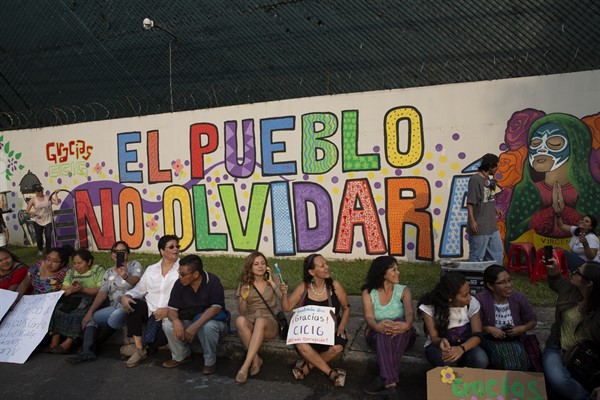The word corruption tends to evoke images of self-dealing politicians and bureaucrats, and for good reason. In Central America, graft is so endemic among public officials that it constitutes a “root cause” of out-migration from the region, according to U.S. President Joe Biden’s administration.
But the private sector can play just as central a role in sustaining corruption. In recent years, traditional business elites in Central America have bankrolled efforts to roll back progress made by prosecutors and civil society groups to strengthen the rule of law.
This poses a key challenge for the Biden administration. While it has shown a willingness to take on corrupt politicians in the so-called Northern Triangle countries of El Salvador, Guatemala and Honduras, it must also develop a strategy for dealing with big businesses. Otherwise, the push to reignite anti-corruption reforms in the region could sputter out.

